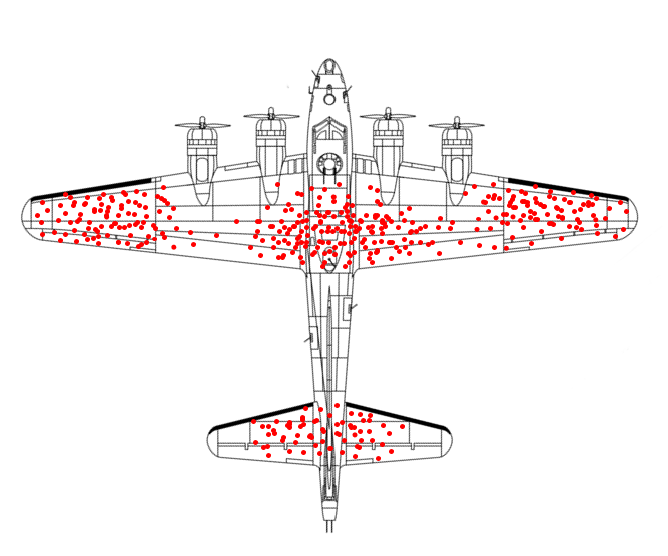Exploring the Shifting Sands of Language and Logic
In a world where words continually evolve, our understanding of language, logic, and truth is undergoing a profound transformation. As Mayim Bialik recently highlighted on Instagram, media-driven redefinitions of words are shaping our debates and dialogues in unprecedented ways.
This poses a fundamental question: what implications does the fluidity of language have on our communication and collective reasoning?
The video we're about to share explores this complex issue through the lens of Wilfred Bion's perspective of words as containers and transfer learning, the uniquely human ability to apply knowledge from one domain to another to solve problems in a new domain.
The video begins by reviewing old processes of distorting truth, such as brute force argument, mob instinct, repetition, paradoxes, and fallacies. It then goes on to examine the unique role of time in influencing our chances of making logical errors in social engineering narratives that may unfold over decades.
Drawing parallels to debugging algorithms, the video identifies two new sources of hallucinations: type errors and dangling pointers. It then explores the surprising real-life implications of these concepts, such as how they can be exploited to manipulate public opinion and spread misinformation.
Ultimately, the video highlights the importance of critical thinking and effective communication in a world where words are constantly changing. It encourages us to be mindful of the ways in which language can be used to distort reality and to develop new strategies for reasoning and communicating in a complex and ever-evolving world.
Mayim Bialik's Instagram post: https://www.instagram.com/p/Cy6n9WkSsIB/
Words as containers: “Wild Thoughts Searching for a Thinker - A Clinical Application of W.R. Bion's Theories,” by Rafael E. Lopez-Corvo, 2006.
